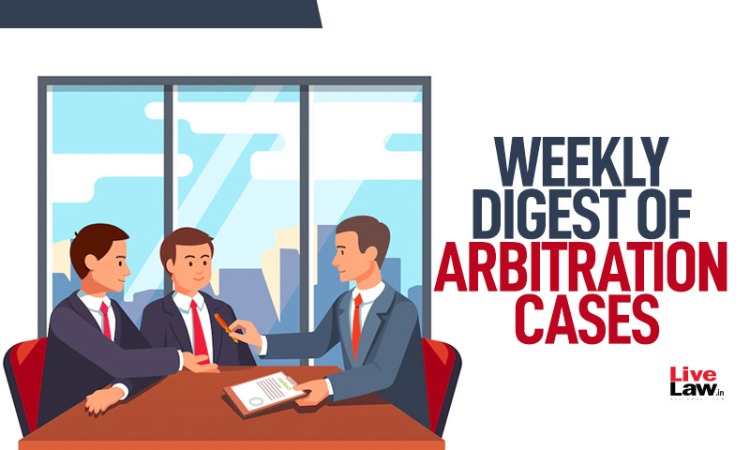Next Story
16 Nov 2023 10:10 AM IST
Supreme CourtCourt Can Examine If Arbitration Clause Is Arbitrary & Violates Article 14 While Considering S.11(6) Application: Supreme CourtCase Title: Lombardi Engineering Ltd v. State of UttarakhandCitation: 2023 LiveLaw (SC) 958In a significant judgment, the Supreme Court held that a clause in an arbitration agreement which is not in consonance with the Constitution cannot be enforced....

